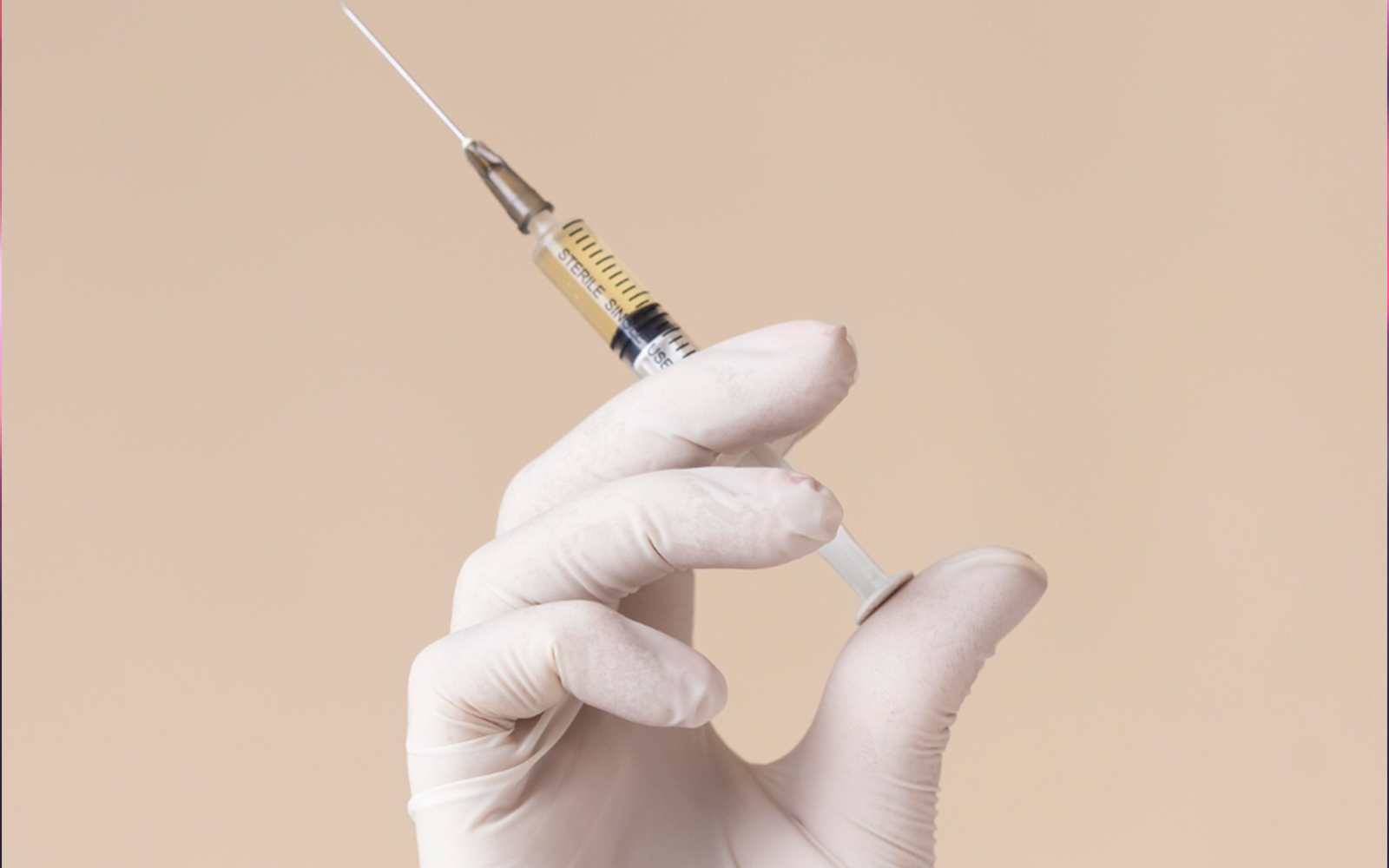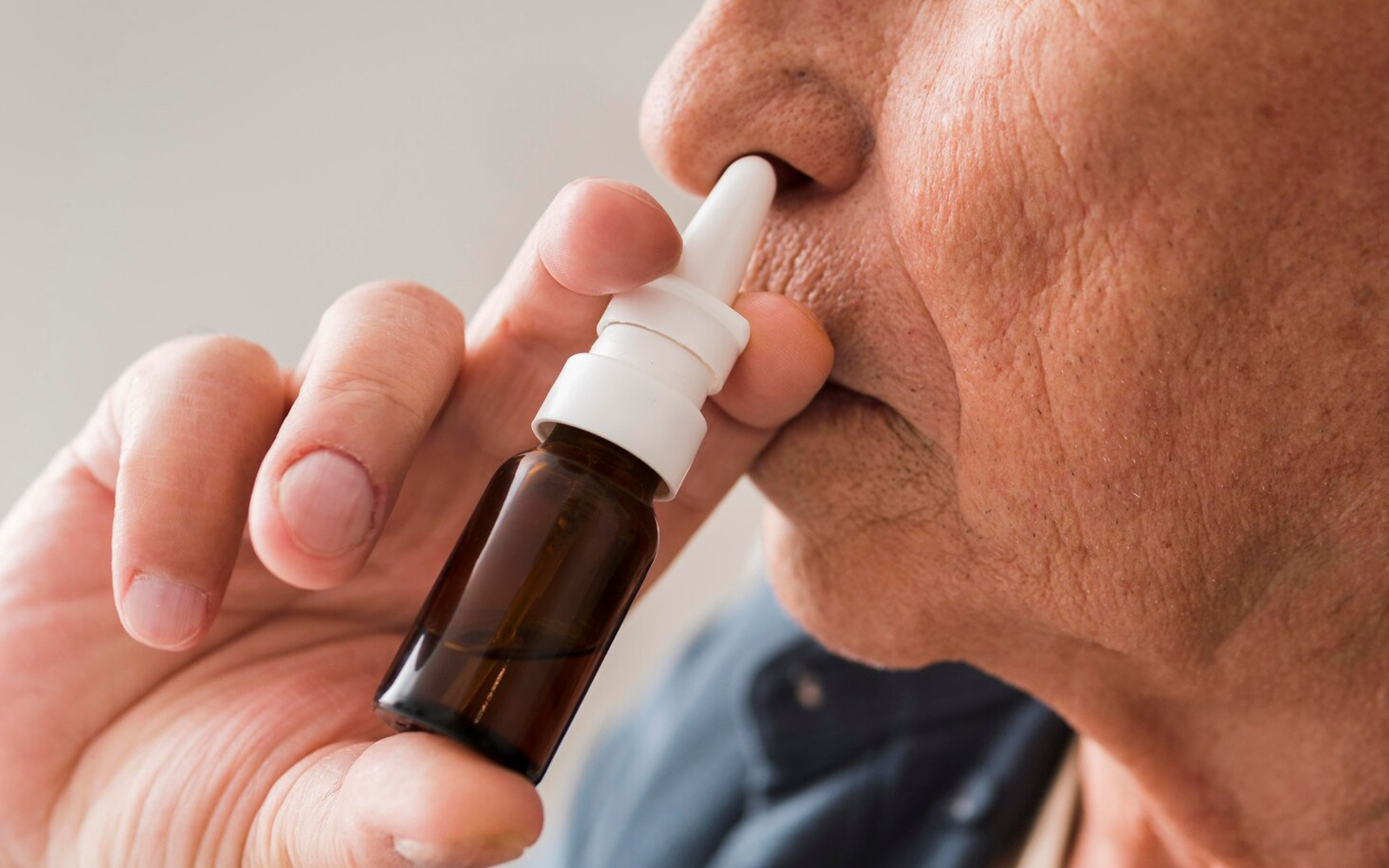
The U.S. Food and Drug Administration (FDA) has given the green light to an innovative HIV prevention injection created by Gilead Sciences, marking a significant milestone in the long standing battle against the virus.
This new drug, known as Lenacapavir and marketed as Yeztugo, only requires administration twice a year and has shown outstanding results in clinical trials, as reported by AFP.
A New Chapter in HIV Prevention
“This is a historic day in the global fight against HIV,” stated Daniel O’Day, CEO of Gilead Sciences. Unlike traditional pre-exposure prophylaxis (PrEP) treatments that depend on daily pills like Truvada and Descovy, Lenacapavir provides long-lasting protection, which could lead to better adherence and a more significant impact.
In two major clinical trials, the drug showcased impressive effectiveness:
In the first trial, which involved over 2,000 women in sub-Saharan Africa, Lenacapavir managed to reduce new HIV infections to zero, surpassing the performance of daily Truvada.
The second trial included 2,000 men and gender-diverse individuals, with only two reported infections, resulting in a staggering 99.9% effectiveness — a remarkable improvement over current options.
Side Effects and Pricing Concerns
The reported side effects were generally mild, including headaches and stomach discomfort.
However, the drug’s steep price is raising concerns among health advocates. Gilead has set a suggested annual price of $28,218 (around €24,600) in the U.S., sparking worries about accessibility and affordability.
“This could be the game-changing tool we need to stop new HIV infections,” said Winnie Byanyima, Deputy Secretary-General of the United Nations. “But it will only fulfill that promise if it’s affordable and accessible to everyone who needs it.”
A Call for Equitable Access
Health organizations and advocacy groups are urging Gilead to dramatically lower the price of Yeztugo, especially for low- and middle-income countries where HIV remains a serious public health threat.
The New England Journal of Medicine published the clinical results, calling Lenacapavir one of the scientific “breakthroughs of the year.” Still, experts agree that the science alone isn’t enough. Its impact will depend on equitable global distribution and fair pricing — without which, even the most effective drug risks leaving millions behind.


